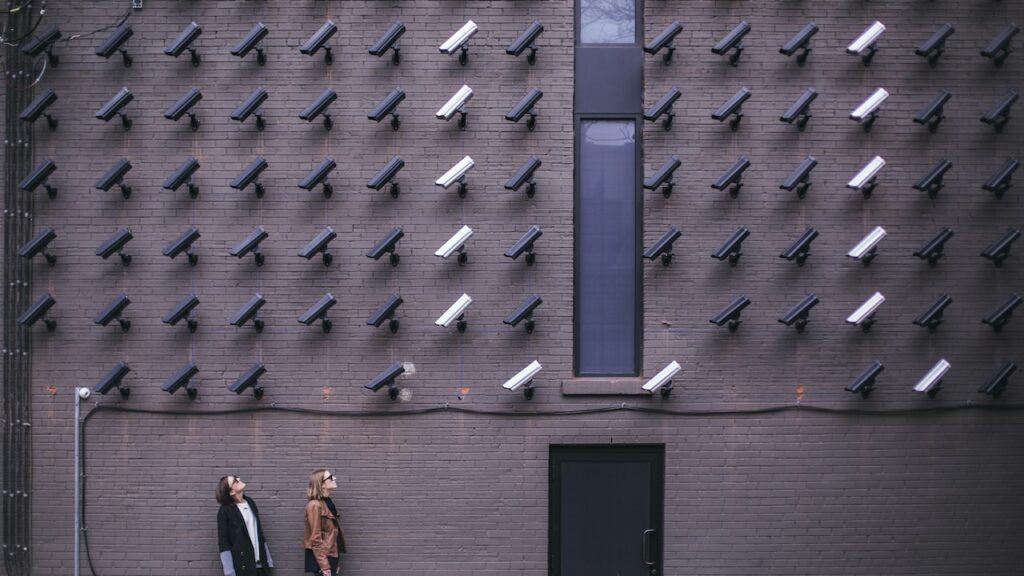
Cybersecurity vs. Privacy: The Core Differences
Cybersecurity centers on defending systems, networks, and data from digital attacks, unauthorized access, and potential damage[1]. It’s a broad umbrella that encompasses various tools, techniques, and practices designed to protect data from threats, both external and internal.
Conversely, privacy focuses on the rights of individuals concerning their personal data[2]. It involves maintaining the confidentiality of personal information and ensuring that individuals have control over who accesses this data and how it’s used.
The Misleading Narrative: Cybersecurity as a Privacy Solution
A common misconception is viewing cybersecurity as a comprehensive solution for digital privacy concerns. While robust cybersecurity measures are essential, they don’t automatically guarantee personal privacy. For instance, a secured website might keep data safe from external hackers, but this doesn’t prevent the site from collecting user data and potentially selling it to advertisers[3].
Smartphones: The Privacy Paradox
In today’s world, smartphones are undoubtedly the most personal device that we possess, which makes maintaining privacy a significant challenge. On the one hand, it offers unmatched convenience, but on the other, it serves as a data collection tool. From location data to browsing habits, our smartphones continually collect, store, and sometimes share vast amounts of personal information[4]. Privacy-conscious users often turn to alternative solutions, such as de-Googled phones or encrypted messaging apps, to mitigate this data collection.
The Main Threat: Big Tech and Mass Surveillance
Beyond smartphones, the broader digital landscape poses significant privacy challenges. Leading the charge are big tech companies with ecosystems that thrive on data collection and monetization[5]. Their platforms, combined with the increasing capabilities of government surveillance initiatives, underscore the urgency for individuals to be proactive about their digital privacy.
Conclusion
While cybersecurity and privacy are closely linked, they are not synonymous. As we navigate our digital lives, it’s crucial to recognize the nuances between them. Ensuring robust cybersecurity is a step in the right direction, but a holistic approach that also prioritizes individual privacy is essential. This balance will be key to safeguarding our rights and freedoms in the modern digital age.
[1]: Smith, J. (2020). Cybersecurity: Protecting Critical Infrastructures. TechPress.
[2]: Roberts, L. (2021). Digital Privacy in the 21st Century. Privacy Matters Publishing.
[3]: White, P. (2019). The Digital Dilemma: Passwords, Privacy, and Platforms. CyberSolutions Ltd.
[4]: Lee, S. (2022). Smartphones and the Data Conundrum. MobileTech Review.
[5]: Patel, N. (2022). Big Tech: The Data Giants. Silicon Valley Insights.
